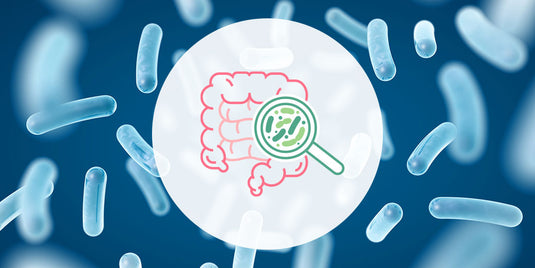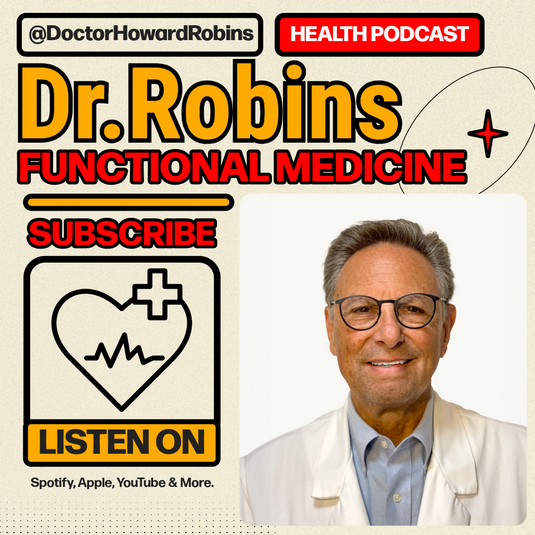Recently, CBS aired a 60 Minute special, called "Probiotics: Should we be taking them?" This episode showcased why nearly all probiotics - capsules, powders and tablets currently on the market are ineffective.
The show pretty much lumped all probiotics together and did not specify the "supermarket" brands they used in the mentioned studies.
What's important to understand is that not all probiotics are created equal. Typical store-bought probiotics in capsule, tablet, or powder form do not guarantee any active cultures of probiotics and in order for probiotics to be effective they must be alive and be able to survive the harsh acidity of the digestive system.
We formulated Doctor's Biome with 15 out of 17 scientifically-backed proprietary strains of probiotics in an organic vegetable-fruit juice drink for this very reason. The probiotics in Doctor's Biome in comparison to other forms, can survive the digestive system, which is also why they do not need to be refrigerated. Refrigeration simply prolongs its shelf-life.
Here some common myths and truths on probiotics:
Myth #1: Probiotics need to be refrigerated.
Truth: Our probiotics do not need to be refrigerated. Each bottle is sealed in an airtight container to prevent contamination. You should only throw it away if the seal or bottle is broken. Probiotics must survive the harsh acidity of the stomach in order to be effective. Our strains have been tested to survive the digestive system, and outside the refrigerator as well.
Myth #2: Probiotics don't really do anything.
Truth: Give your body a few weeks to start seeing the effects. The active, living cultures of Doctor's Biome need time to start populating in your digestive system to start working. Read our reviews from customers who have seen significant change in their gut health.
Myth #3: You can take them occasionally.
Truth: It's best to take them at the same time every day. Taking probiotics regularly helps the healthy strains of bacteria populate and rebalance the microbiome. In addition, we recommend taking them on an empty stomach for optimal results, because there is less residual acid in the stomach and more of the probiotics can survive the stomach and attach to your gut lining.
Eating food stimulates your stomach to produce more acid, which means the more acidic your stomach is the fewer number of probiotics can survive and transfer to your intestines.
Myth #4: Probiotics are only good for digestion.
Truth: Probiotics have numerous benefits on your overall health and wellness. Since 70% of your gut is connected to the immune system, gut health is directly linked to a strong immunity. In addition, your brain communicates with the microbiome to regulate certain functions and metabolic processes. There's a link called the gut-brain-skin axis - a highway of messaging that can affect your weight, your mental health, and your skin.
The gut microbiome also plays a role in autism, and Parkinson's disease. The state of your gut can have a major impact on your long-term health and state of well-being.
If you would like to read more in depth on the science of how it all works, we strongly recommend the International Probiotics Association's press release in response to the 60 Minute special.
Probiotic Myths vs. Truths

RELATED BLOGS
Understanding Probiotic Strains for Better Digestive Health
Probiotics are living microorganisms that support a healthy gut—but not all...
Understanding the Gut-Brain Connection
The gut-brain connection, plays a powerful role in everything from mood...

![THE DOCTOR’S BIOME® DIFFERENCE [We Have the Smarts and the Charts]](http://doctorsbiome.com/cdn/shop/articles/DB_Difference_Infographic_27fc57ba-5eda-489e-b6d1-45f50e7c49a8_535x.jpg?v=1748981561)

